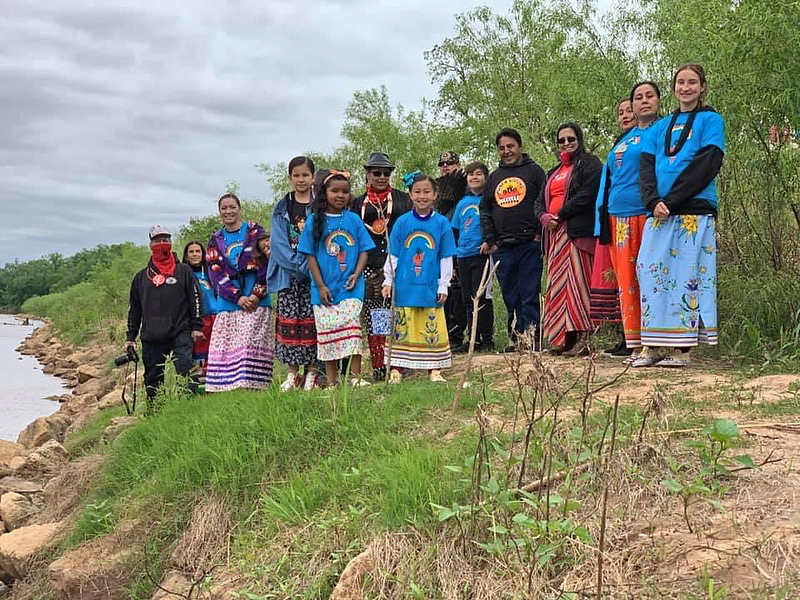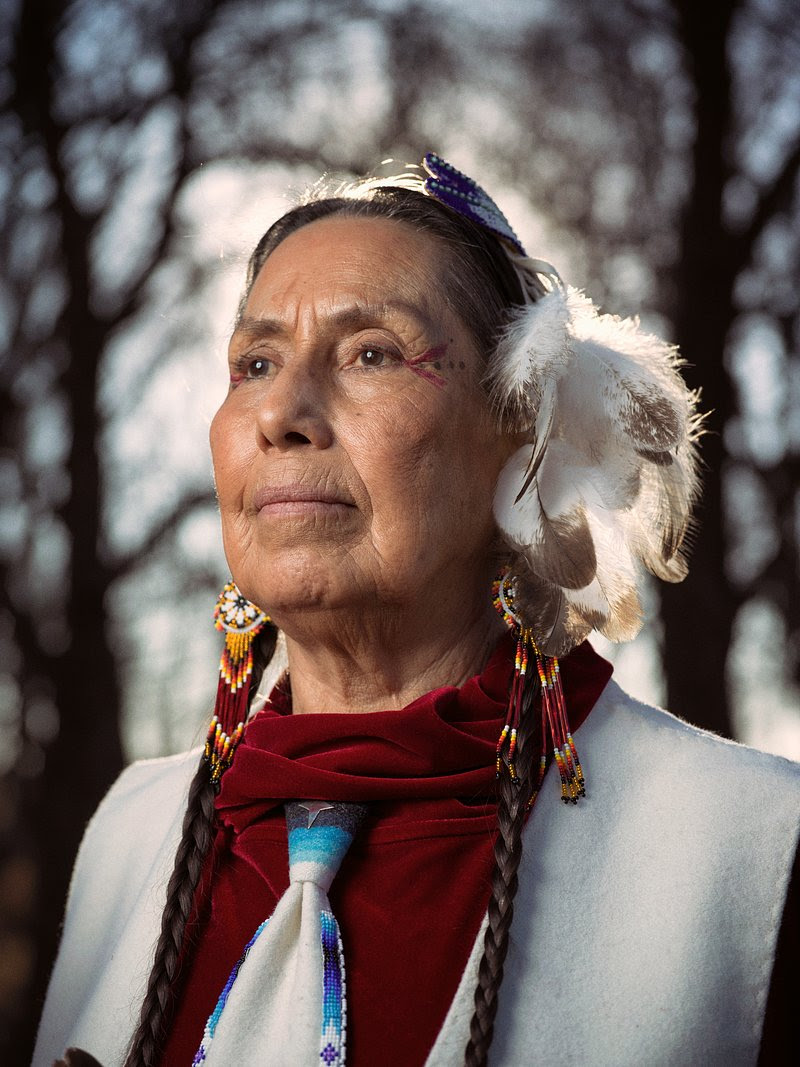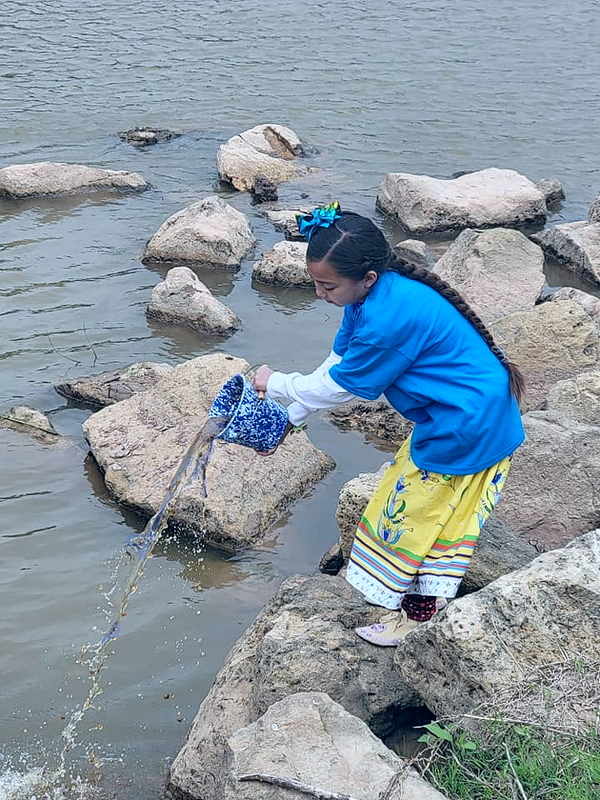
OTTAWA, ON – As His Holiness Pope Francis prepares his Wednesday audience from St. Peter’s Square to recap his week-long ‘pilgrimage of penance’ across Canada, Assembly of First Nations (AFN) National Chief RoseAnne Archibald and AFN Northwest Territories Regional Chief Gerald Antoine express their disappointment in the shortcomings of last week’s tour but reaffirm their deep and abiding love and care for Survivors.
AFN Regional Chief Antoine, as the AFN delegation lead participated in many events on the apostolic journey of Pope Francis including Monday’s official apology at Maskwacis, Wednesday’s meeting at the Citadelle, and Friday’s private audience in Québec.
AFN National Chief Archibald, too, attended the apology at Maskwacis and kept her word to greet the Pope upon his arrival on our traditional lands. As she did, she personally called on him to formally revoke the Doctrine of Discovery.
Renouncing and formally revoking the “Inter Caetera” 1493 Doctrine of Discovery is an essential step for advancing reconciliation and the healing path forward. So too are immediate calls to return diocese land back to First Nations and returning sacred items currently being held both in storage and on public display at the Vatican.
At sites in Maskwacis, Québec, and Iqaluit, Pope Francis delivered penitential speeches to First Nations, Inuit and Métis peoples but stopped short of denouncing the Catholic Church’s role in creating systems that spiritually, culturally, emotionally, and physically abused and killed First Nations, Inuit and Métis children. He also failed to address the aforementioned calls to action.
“We have been calling for the papal apology for decades and have been clear about what it needed to address,” said AFN National Chief Archibald. “The fact that the Vatican has not addressed these properly in the Pope’s speech is a real indication that they’re not listening. They’re not hearing First Nations’ concerns. That, to me, has been reflective of this whole tour.”
“From a trauma-based perspective, the omission to correct the original misunderstanding and prejudicial labelling of the Original Peoples of North America, our Family on Turtle Island, is very hurtful to those harmed by genocidal practices,” said AFN Regional Chief Antoine. “One could say that in omitting to address this issue, the apology loses value.”
The AFN had no control over the planning process of the papal visit and has expressed disappointment over the unilateral decision-making on site choices and other logistics.
“It feels incomplete,” said AFN National Chief Archibald. “It feels as though there were legal considerations that prevented the Pope from offering a more fulsome apology. The Vatican must answer for why the papal visit fell short on so many fronts.”
“Despite our relentless efforts to his ground crew regarding our expertise in following fresh tracks, they lost track of us during their processes,” said AFN Regional Chief Antoine. “Thank Creator that it is only in the middle of summer. There is a change of season today. Tomorrow we will reconvene as a Family, knowing there is still work to do. All of us working together as a Family can help each other make it happen. That’s what it’s really all about in the end for all of us.”
The AFN’s focus is to ensure the needs of First Nations, particularly Survivors, are met. “I had the Families and Survivors across Turtle Island in my mind and heart every day of this tour and continue to do so,” said AFN National Chief Archibald.
Please be reminded that if you or someone you know is being affected by the Pope’s visit to Canada, the IRS Crisis line is a national, 24-hour toll-free support service operated by trained Indigenous crisis counsellors. To talk to someone, please call 1-866-925-4419.
For more information on the AFN delegation please visit: www.afn.ca/papal-visit/.





















